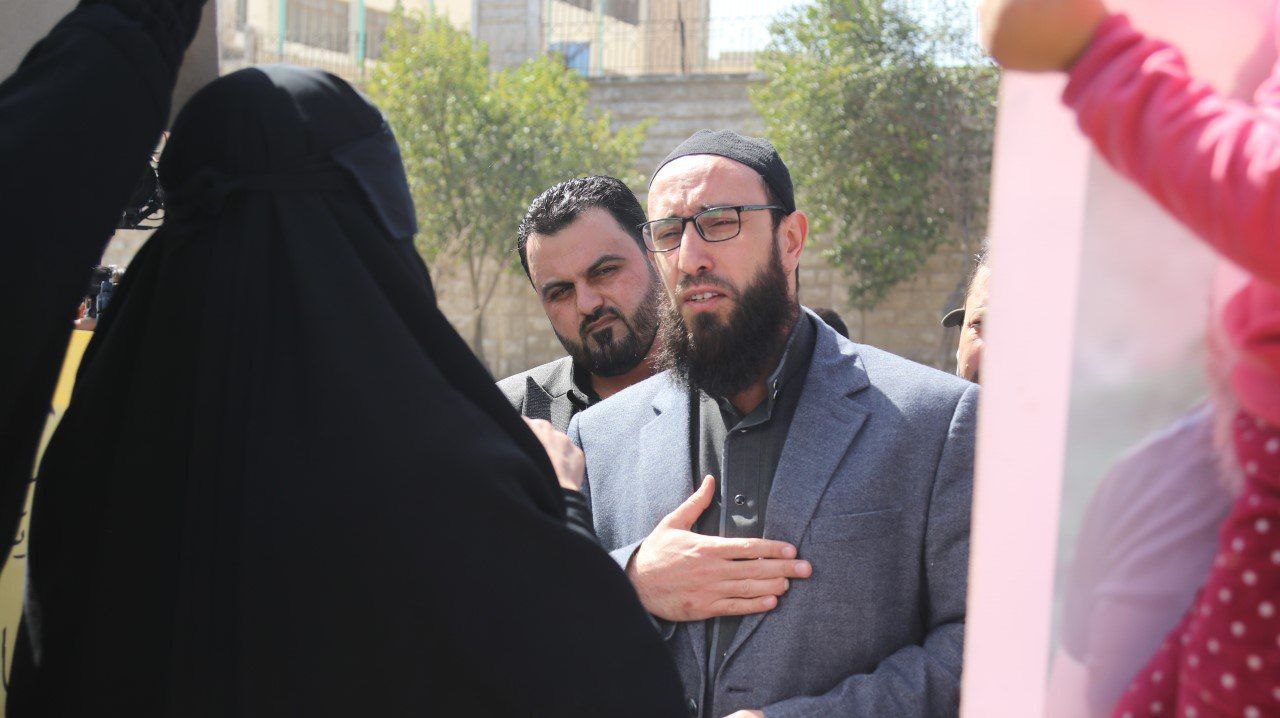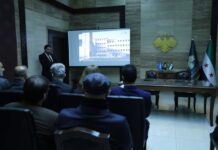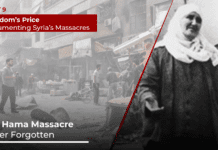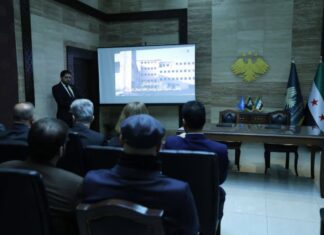
In an exclusive statement provided to L24 by Muhammad Salum, a representative for the Syrian Salvation Government (SSG) Ministry of Media. Therein he reveals a series of reforms addressing security concerns, corruption, economic stagnation, and citizen participation. The reforms come after public protests erupted in the region, highlighting popular discontent.
“Protests in societies today serve as an indicator of the community’s vitality and effectiveness, in addition to serving as a mirror reflecting areas of dysfunction,” Salum asserts, emphasizing the importance of heeding societal grievances. “Allowing and listening to these protests,” he continues, “is evidence of the dynamism of the authorities and their openness to correcting errors.”
The SSG aims to rebuild trust by tackling issues like corruption within the General Security Services (GSS). A restructuring plan places the GSS under the Ministry of Interior, aiming to safeguard citizen rights and property. Additionally, a general amnesty program seeks to reintegrate former convicts into society and assuage concerns regarding prisoner rights and welfare.
To enhance public participation in local governance, the SSG established a specialized advisory council comprised of various experts. This council will provide recommendations for strategic development across different sectors. Furthermore, an Ombudsman’s Office will function as a dedicated channel for addressing citizen grievances.
The economic sphere is also undergoing reforms. Policy workshops aim to craft sustainable economic plans tailored to local needs. Efforts are also underway to empower labor unions through revised regulations and increased involvement in shaping economic policies.
Reforms extend to local governance as well. Restructuring local council systems and election mechanisms are intended to ensure broader representation and transparency in decision-making. Streamlining administrative procedures and establishing satellite offices for key services further bolsters efficiency and accessibility shifting focus from the current centralized model towards localized services and decentralization.
Salum expressed that the SSG acknowledges the challenges of implementing these reforms while facing ongoing threats from the Assad regime. “These decisions,” he said, will not come overnight, “We are talking about a nascent region that seeks to institutionalize and organize its work as much as possible, and at the same time it is still waging war with the criminal regime, enduring bombardment and airstrikes, and the hope is that in the end, the future we build will be one worthy of the Syrian revolution and the ancient history of the Syrian people.”








